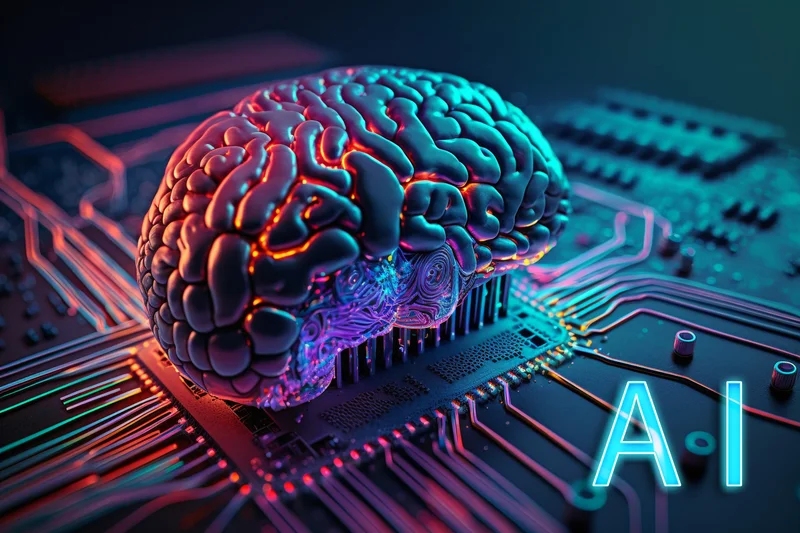So, OpenAI finally uncorked GPT-5. The press release, offcourse, calls it “a significant leap in intelligence.” Give me a break. I’ve seen more significant leaps in intelligence from my dog when he figures out how to open the pantry door.
Every time one of these tech behemoths rolls out a new model, they use the same tired script. It’s always “state-of-the-art,” it’s always setting “new records,” and it’s always going to change everything. We’re supposed to gasp in awe at the benchmark scores—94.6% on some math test, 74.9% on a coding challenge. That’s great. It’s a world-class test-taker. But what does that actually mean for anyone living outside a Stanford computer lab? It's a question worth asking when you read about the latest AI Breakthroughs: OpenAI, Meta & Anthropic’s Future for AI.
The real story isn’t that the machine is getting better at acing exams. The story is how it's doing it, and what they plan to do with it. And that’s where the slick marketing starts to fall apart.
A Smarter Black Box
They’re crowing about GPT-5 being a “unified system” that can switch between quick answers and deep, step-by-step reasoning. It supposedly decides for itself when to think hard. This isn't a breakthrough; it's a terrifying lack of transparency. It’s like having a pilot who sometimes flies the plane and other times lets a coin flip decide whether to engage the autopilot in a thunderstorm. Who’s making the call? What are the criteria? Does anyone at OpenAI even know, or did they just build a more complicated black box and slap a new number on it?
They also claim it has “majorly reduced” hallucinations. Translation: It lies to you less often. It’s the corporate equivalent of a politician promising to be mostly honest this term. The very fact that "hallucination" is a standard part of the AI lexicon tells you everything you need to know. We’ve normalized the idea that our most powerful tools are, by their very nature, congenital liars. We're just haggling over the frequency of the lies.

This whole thing feels like a magic trick. They want us staring at the impressive benchmarks—look, the amazing math-bot!—so we don’t pay attention to what’s happening behind the curtain. And what’s happening is the setup for the final act.
Your Newest, Most Annoying Coworker
Here it is. The real kicker. OpenAI says they expect the first AI agents to “join the workforce” this year and “materially change company output.”
Let’s be brutally honest about what that means. It doesn’t mean you’re getting a brilliant AI partner to help you brainstorm. It means your boss is getting a digital scab that works 24/7, never asks for a raise, never takes a vacation, and never complains about crunch time. This is a bad idea. No, 'bad' doesn't cover it—this is a five-alarm dumpster fire of an idea, gift-wrapped as innovation.
This is the self-checkout lane, but for white-collar work. Remember that? They sold us on "convenience," and what we got was the privilege of doing a cashier’s job for free while a real person lost their shift. This is the same playbook, just scaled up to threaten millions of jobs that were once considered “safe.” They’re selling a future of hyper-efficiency, but all I see is a future where human labor is devalued to the point of irrelevance…
Then again, maybe I’m just the crazy one here. Maybe I’m the dinosaur shaking my fist at the meteor. But when has concentrating this much power in the hands of a few unaccountable tech companies ever worked out well for the rest of us? This ain't about progress; it's about profit and control, plain and simple.
A Cleverer Cage
At the end of the day, GPT-5 isn't a leap toward superintelligence. It's a leap toward super-automation. We're not building a thinking partner; we're perfecting the ultimate middle manager—one that can monitor, delegate, and eventually replace, all without the pesky need for a salary or a soul. The benchmarks are a distraction. The real test is how much humanity it can strip out of the workplace, and on that front, it’s already a runaway success.









